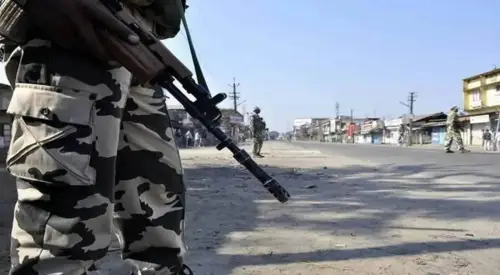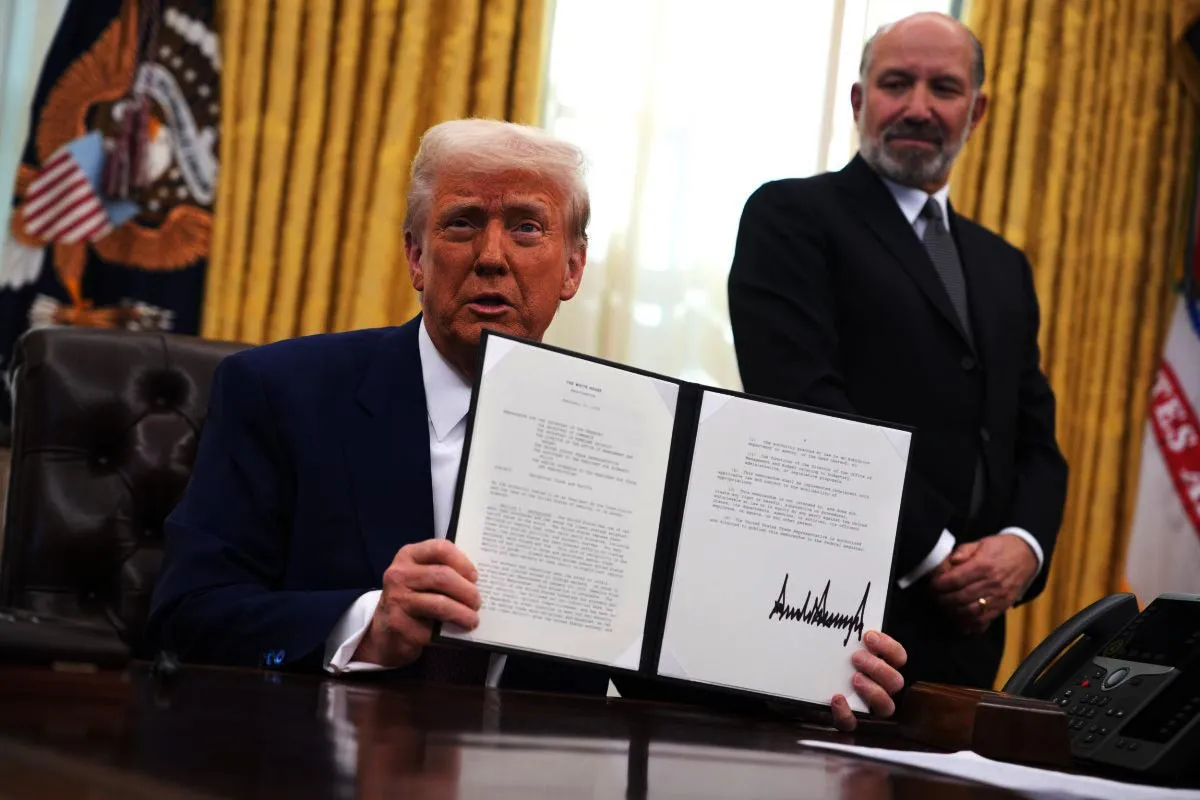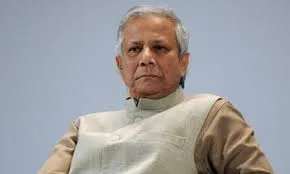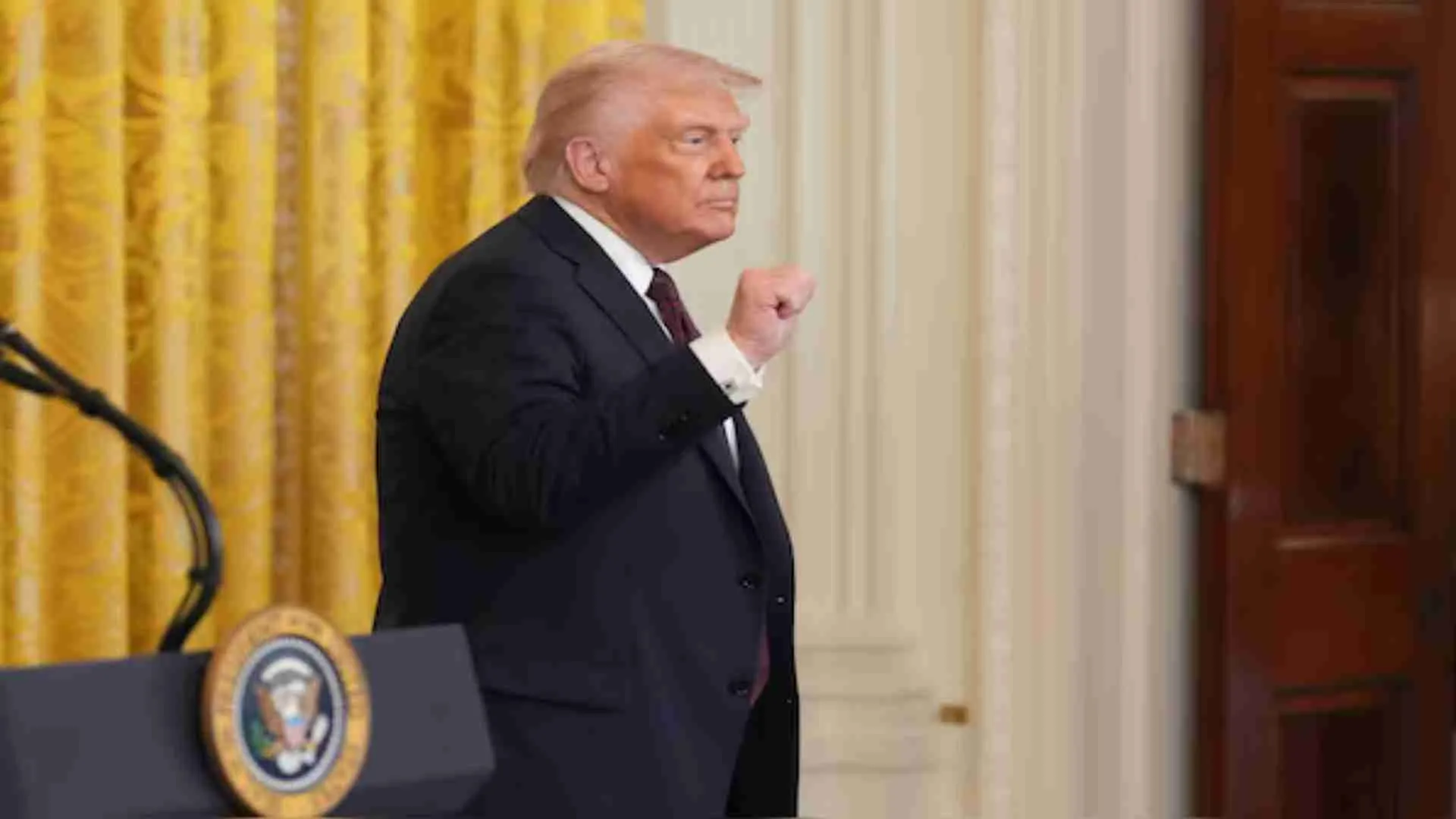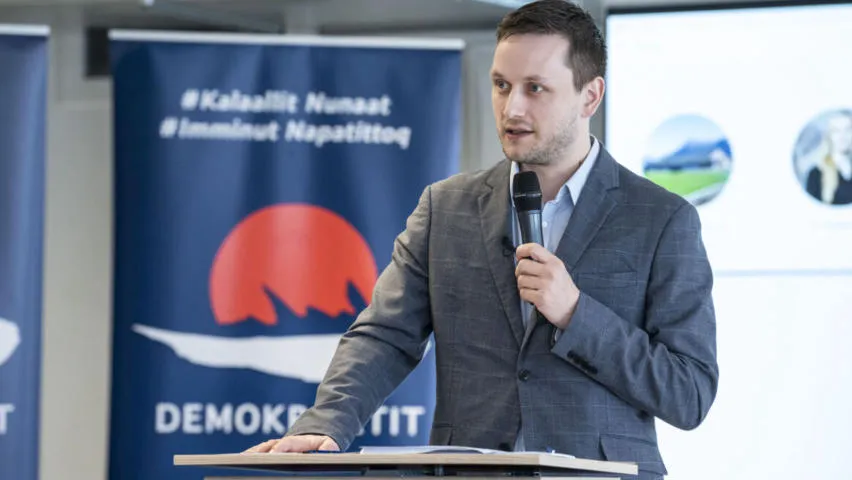Panic has engulfed the citizens of Jammu province and South Kashmir following a recent spate of terrorist violence in Reasi, Kathua, Doda, and South Kashmir.
Many innocent civilians, along with army and security personnel, have lost their lives. Pakistan continues to operate a terrorist factory that sends attackers into Jammu and Kashmir to cause disturbances. The recent increase in terror attacks in Jammu is a deliberate move by terrorists to draw attention to their belief that “terrorism is not dead.”
Sources in the security establishment state that while terrorism is contained in major parts of the Valley, it is not eradicated. Consequently, terrorists and their handlers have shifted their focus to the Jammu region. In response to this changing tactic, the government has authorized the confiscation of properties belonging to Over Ground Workers (OGWs) and supporters of the terrorists.
Government sources note that terrorists have reduced their reliance on local logistical support and are now using caves for hiding. The thick foliage and tree canopies provide effective camouflage against aerial surveillance and human tracking.
The surge in terrorist encounters in Jammu is a strategy to revive their operations and claim that terrorism is still active. Several hundred terrorists are believed to have infiltrated the hilly areas of the Jammu region.
Currently, the Chief of Army Staff, the Directors-General of the Border Security Force (BSF) and Central Reserve Police Force (CRPF), along with other top security experts, are in Jammu & Kashmir to reinforce a renewed strategy and tactical operations to eliminate terrorists and their support structures.
The recent terror attacks, occurring close on the heels of four back-to-back incidents in June and July, have resulted in the loss of several security personnel and innocent civilians. Pakistan’s involvement is evident. These tragic incidents serve as a stark reminder that, despite over four decades of enduring Pakistan-sponsored terror and numerous peace initiatives, the goal of ending terrorism remains unaccomplished.
The attacks have shattered the complacency within parts of our strategic community and the public regarding Pakistan’s perceived restraint on its terror apparatus in recent years. Sporadic Pakistan-sponsored terror in Jammu and Kashmir has persisted.
Internal challenges faced by Pakistan, especially since 2021, and changing geopolitical dynamics, were seen as signs of its impending systemic collapse. This sense of complacency was further reinforced by overestimations of the impact of our muscular approach, including the revocation of the special status of J&K and the bifurcation of the state into two Union Territories.
The spate of militant attacks in Jammu and Kashmir casts a shadow over the upcoming Assembly elections in the region. Many military experts have opined that the ground situation is not conducive to holding the elections. The Supreme Court has advised the Union government to conduct the Assembly elections in the region before September this year. The Amarnath Yatra, an annual pilgrimage to a cave shrine in Kashmir, is likely to conclude on August 19.
Both events require heavy security, and terror attacks at this time could divert security resources away from the elections and the yatra. The Centre has reportedly deployed an additional 500 companies (approximately 50,000 personnel) of the Central Armed Police Forces in the region.
The BJP-led NDA Union government faces fierce criticism from parties in Jammu and Kashmir over the recent militant attacks. Leaders are calling for the resumption of dialogue with Pakistan to stop the violence. They argue that terrorism will not end without an understanding between India and Pakistan.
The tragedy is that innocent civilians and army/security forces continue to bear the brunt of the violence. They hope India resumes dialogue with Pakistan as it does with China. Such incidents have nationwide repercussions. It is time to end the violence.
Neither war nor proxy war are effective means to resolve bilateral issues, including cross-border terrorism. Dialogue and diplomatic engagement are the only acceptable means recognized by international jurisprudence for dispute resolution, according to Kashmiri intelligentsia.
Diplomatic success at the international level is evident from the support Delhi has received from the West and the Islamic world. However, few have abandoned the notion that there is a Kashmir issue between India and Pakistan. The silver lining is that the opposition to the revoke special status to Jammu and Kashmir by Delhi was muted in Pakistan, and the government too did not very aggressively raise it at international forums, despite Kashmiris felt angered.
A restive Jammu and Kashmir will continue to reinforce old perceptions. For Delhi, building peace, prosperity, and democratic institutions in Jammu and Kashmir is the key to permanently transforming international attitudes.
Internally, the hot pursuit by the military, along with other security forces, against militants is the only means to eradicate old and new terror modules. Harsh actions against their local supporters, sympathizers, sleeper cells, and OGWs are urgently needed.
In recent years, the Union government has dismantled the terrorist ecosystem in the Valley. Non-mainstream activists or leaders in Kashmir face severe consequences. Those who have indirectly helped terrorists have faced agencies like the National Investigation Agency (NIA) at their doors.
Many within the security grid and civil society favor timely Assembly elections. They argue that the large voter turnout in recent parliamentary elections indicates a democratic temper among the people, which could positively change the political discourse in the region.
In conclusion, a political approach and pursuit of normal diplomacy remains the key for resolving the ongoing bilateral conflict.
The author is a senior Supreme Court lawyer, and a geo-strategic analyst

